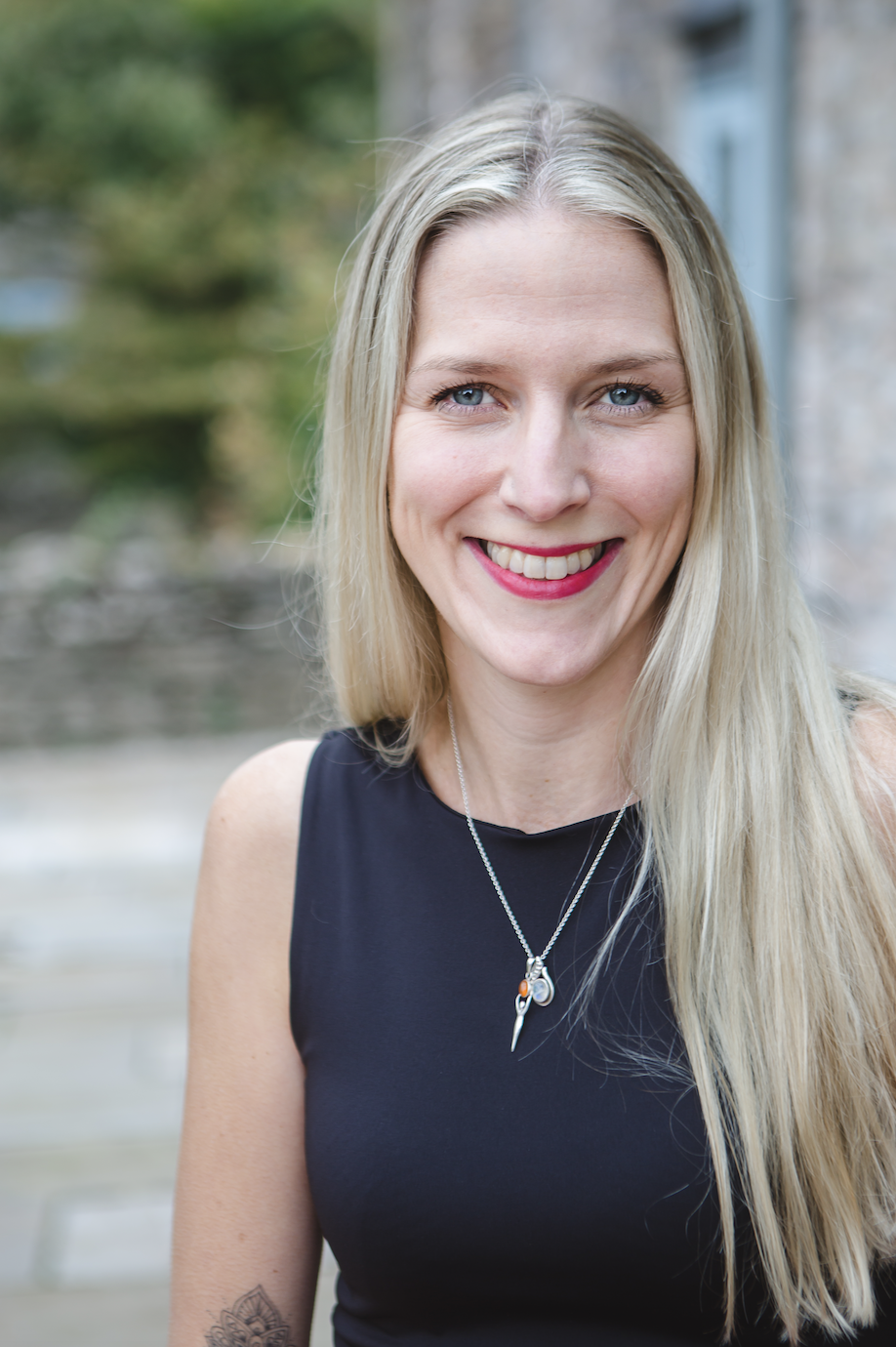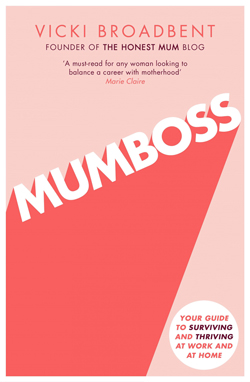5 Ways to Challenge Mum Guilt and Flourish
Guest post by Belinda Jane Batt, Positive Psychology Coach and author of must-read Challenge Your Guilt: How to Flourish in Motherhood, Work and Life.
When I became a mother for the first time seven years ago, I was blindsided by the guilt. I hadn’t expected it or seen it coming.
One moment that still stands out was when my son was nine months old. I found myself crying on the floor of our flat, heartbroken that our breastfeeding journey had come to an end. I’d been dangerously sleep deprived, and on the advice of a paediatrician, I’d introduced formula at night to help him sleep longer. It worked – but my milk supply didn’t survive. I felt like a failure. I couldn’t shake the belief that I’d been selfish or weak.
That moment became a turning point.
A year later, I resumed my MSc in Positive Psychology and Coaching Psychology and chose maternal guilt as the subject of my dissertation. Since then, I’ve spent years researching, reflecting, and talking to other mothers and experts – including Anna Mathur and Dr Caroline Boyd – about why we feel so much guilt as mothers, and how to move past it.
Here’s what I’ve come to believe: guilt isn’t just part of motherhood. It’s a result of living in a culture that expects everything from mothers and gives us very little in return. But with awareness and practical strategies, we can challenge the guilt – and begin to flourish.
Here are five ways to start:
- Understand Where the Guilt Comes From
Mum guilt is rarely just about the moment at hand – it’s rooted in powerful cultural conditioning. Over recent decades, more women than ever have entered paid employment, but our systems haven’t evolved to support them. Employers still expect us to work like we don’t have children, while societal narratives insist we parent like we don’t have .
Layer in the outdated but persistent influence of attachment theory – which suggests mothers must be omnipresent for secure bonding – and you create a near-impossible ideal: the perfect mother. No wonder we feel like we’re falling short. Recognising these structural pressures is the first step to letting go of guilt that was never ours to carry.
- Learn to Tell Helpful Guilt from Unhelpful Guilt
Not all guilt is bad. In fact, some guilt can be helpful – it’s a sign we’re living out of alignment with our values.
For instance, if my children have had too much screen time and I feel a nudge of guilt, I interpret that as a signal from my values of health and connection. That’s helpful guilt—it encourages positive change.
Unhelpful guilt, on the other hand, stems from societal expectations. It’s the voice telling you you’re a bad mother for serving fish fingers, even though you cooked from scratch yesterday. When guilt strikes, ask: Whose voice is this? If it’s not yours, it probably doesn’t belong.
- Identify and Honour Your Needs
One of the pillars of my coaching practice is helping mothers identify and meet their own needs. Guilt thrives when our needs go unmet or unacknowledged.
Modern motherhood often demands martyrdom – putting everyone else’s needs ahead of our own. But self-care isn’t selfish. It’s an act of love, not just for ourselves, but for our families. When our emotional, physical and social needs are met, we are more resourced and resilient.
Next time guilt creeps in, pause and ask: What do I need right now? Meeting that need might be the most loving thing you do all day.
- Stop Comparing and Start Connecting
Comparison is a fast track to guilt and shame – especially in the age of curated Instagram motherhood. We see a snapshot of someone’s life and assume they’ve got it all together, while we’re falling apart.
But that picture never tells the full story.
Shame, guilt’s darker sibling, thrives in isolation. Connection is the antidote. When we share our experiences with other mothers – especially the messy, imperfect ones – we realise we’re not alone. We’re not broken. We’re just human. So put the phone down, call a friend, and have a cuppa. Connection is powerful medicine.
- Start Reframing Your Story
One of the most effective tools I share with my clients is reframing. When a guilty thought arises, write it down, then write a compassionate reframe.
For example, instead of, “I’m a bad mum for sending my child to nursery,” try, “My child is thriving in a social environment and I’m earning to support our future.”
You can also ask: What would I say to a friend in this situation? We’re often far kinder to others than to ourselves.
We don’t need to be guilt-free to flourish. But we do need tools to challenge guilt when it shows up – and reframing is a powerful start.
In Conclusion
If you’re struggling with mum guilt, you’re not alone – and you’re not failing. Much of the guilt we carry has been placed on us by a culture that expects the impossible. But we can rewrite the story.
Bring awareness to where guilt comes from. Learn to spot what’s helpful and let go of what isn’t. Honour your needs, seek connection, and reframe your thoughts. Small shifts add up to big changes – and those changes help you flourish.
Belinda Jane Batt is a Positive Psychology Coach for mothers and founder of The Flourishing Mother. She is also the author of Challenge Your Guilt: How to Flourish in Motherhood, Work and Life, available now on Amazon in e-book and paperback.
To book a free Motherload Breakthrough call or find out more about coaching, visit www.theflourishingmother.com or find Belinda on Instagram @flourishingmother.

Buy my bestselling book in paperback or audio
My debut book is my guide to surviving and thriving at work and at home and offers insight into how to create a digital business or return to work with confidence.
Mumboss: The Honest Mum’s Guide to Surviving and Thriving at Work and at Home
(UK 2nd Edition)
Available on Amazon or Audible
The Working Mom: Your Guide to Surviving and Thriving at Work and at Home
(US/Canada Edition)
Available September 8th 2020. Order now on Amazon





